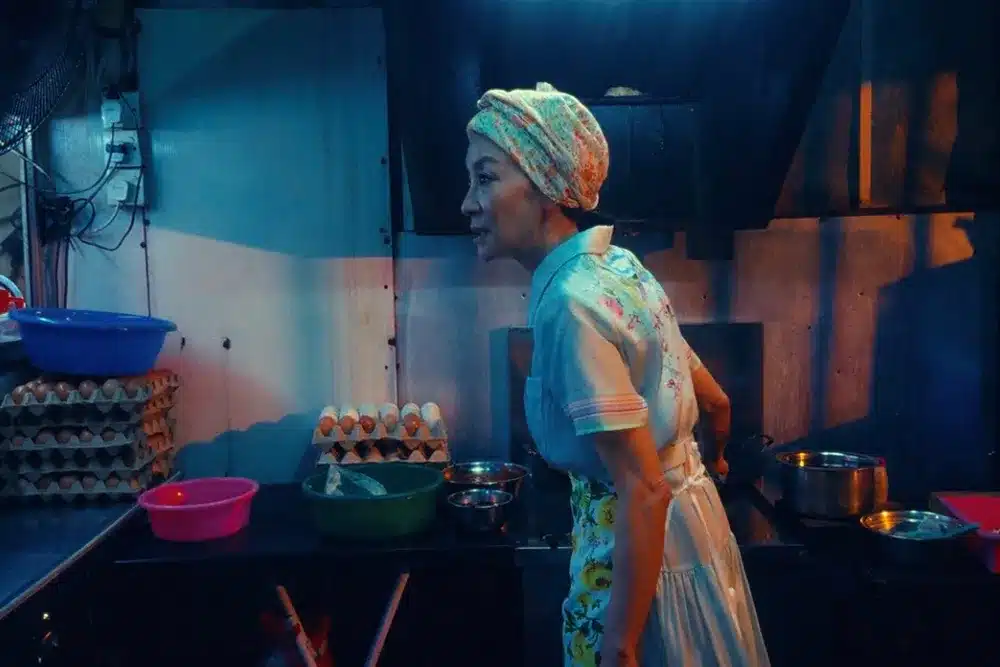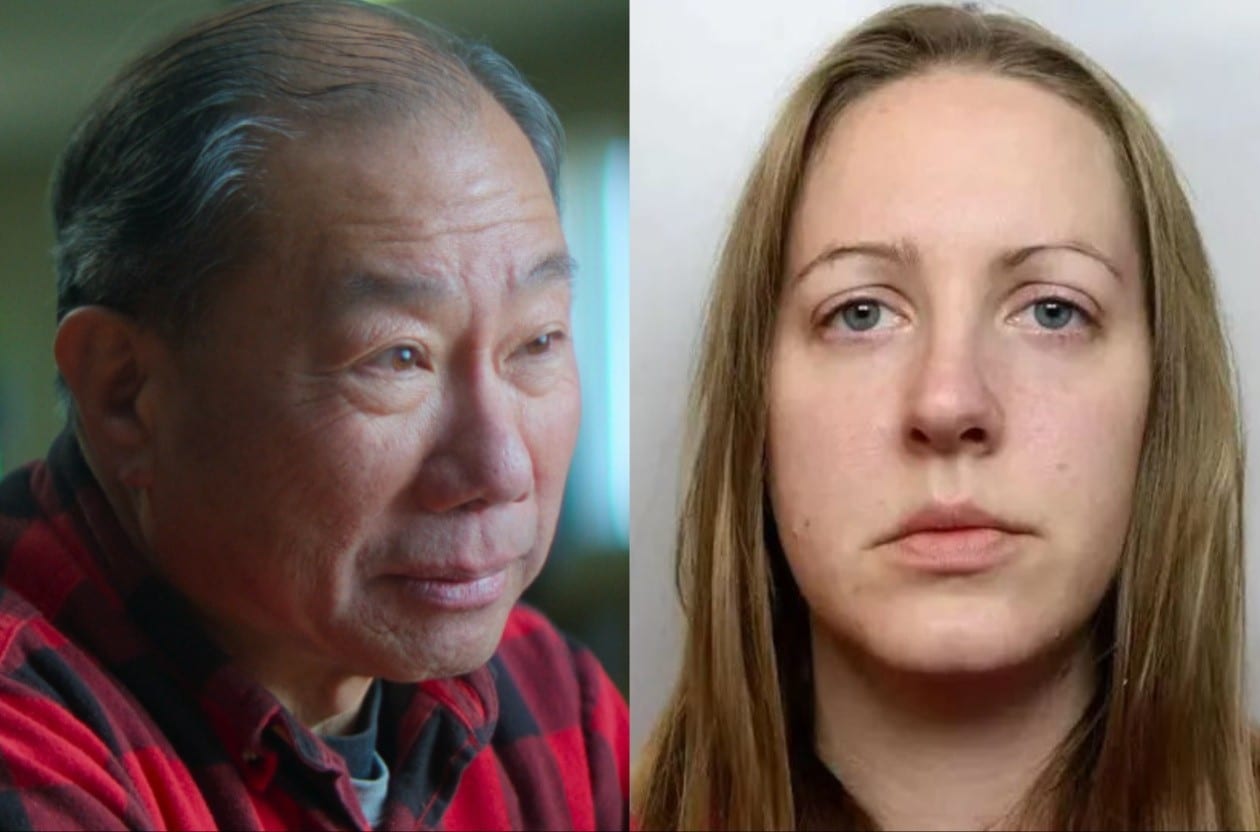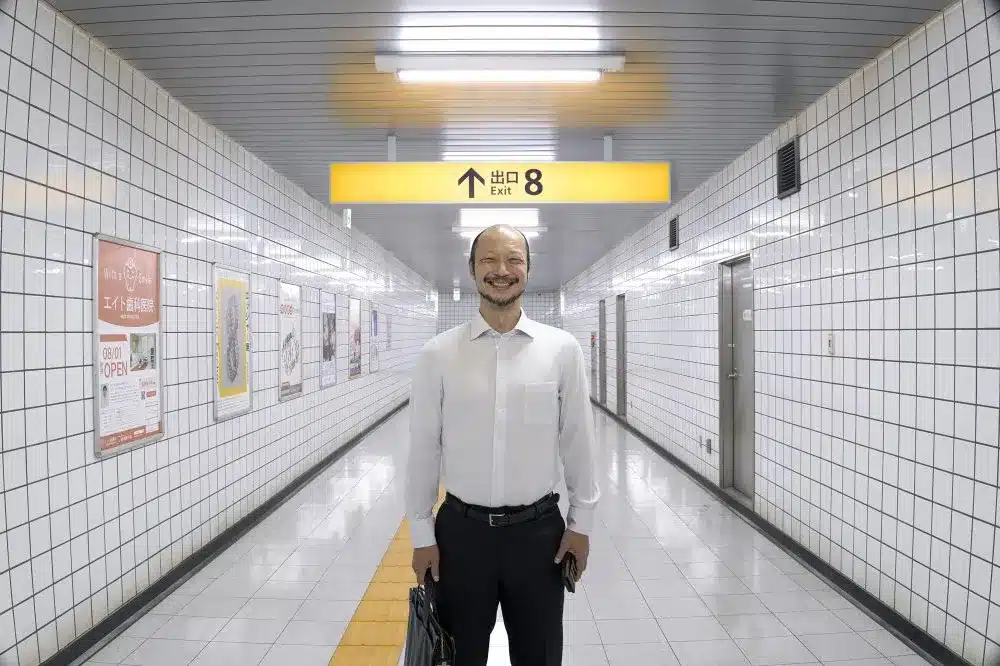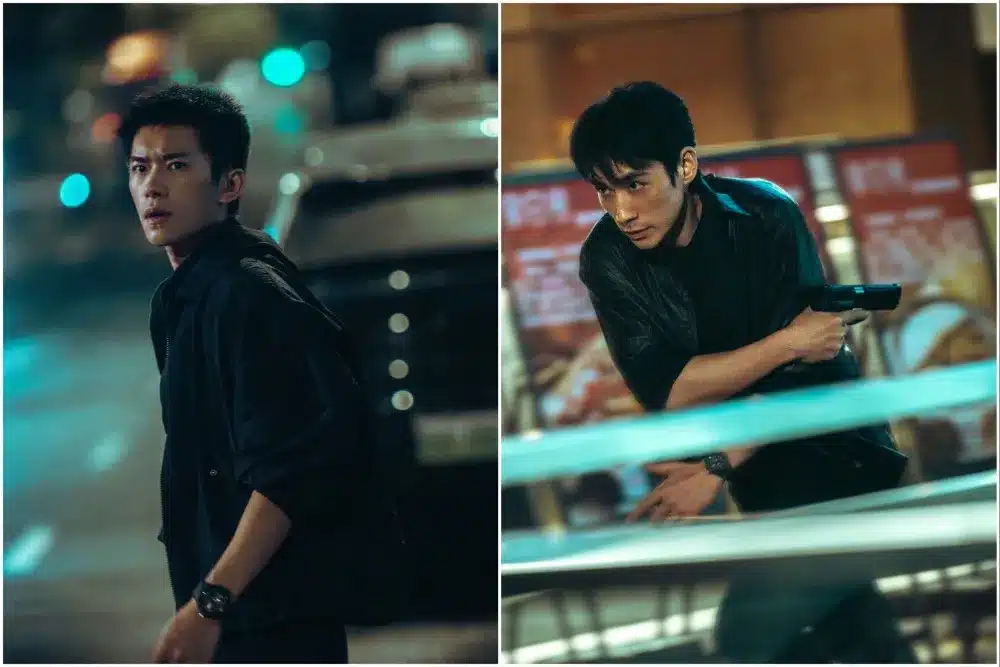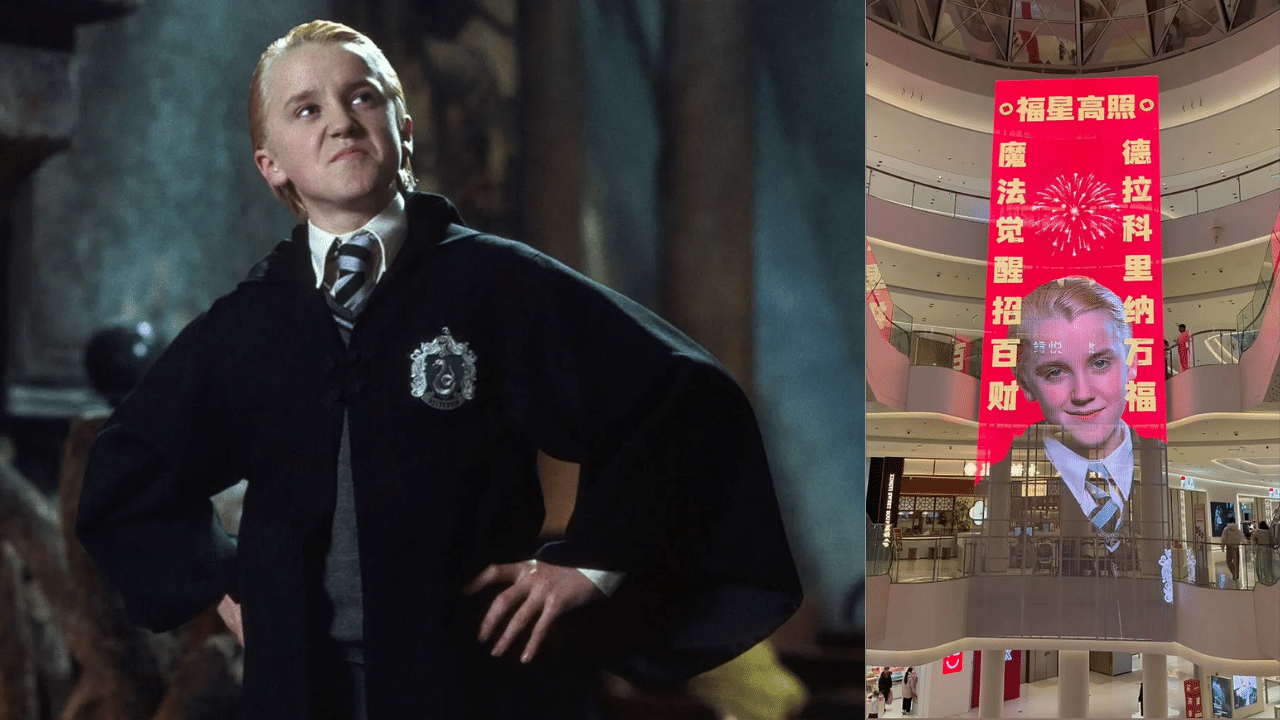Tzi Ma is a familiar face. You’ve seen him as the stern but loving father in The Farewell, the stoic warrior in Mulan, and the quietly intense General in The Ladykillers. He’s built a career on versatility, seamlessly transitioning between genres and defying expectations. And now, he’s starring in Hulu’s Interior Chinatown, a satirical series that tackles Hollywood stereotypes head-on.
Resonate recently spoke with Ma about his latest role, the challenges he’s faced as an Asian American actor, and his hopes for the future of representation in the industry. Our conversation was a fascinating journey through his decades-long career, revealing a man who is both a gifted artist and a passionate advocate for change.
Read more: ‘Interior Chinatown’: A New Series Tackling Hollywood Stereotypes
“Early in my career, everything revolved around stereotypes,” Ma admitted, reflecting on the limited roles available to Asian actors when he first started out. “Back then, you had to look at scripts and ask, ‘What can I salvage here? Can I bring something dimensional to this role?'”
This ability to be discerning, to say “no” to roles that perpetuate harmful tropes, is a recurring theme in our conversation. It’s a hard-won power, and one that Ma clearly values. “That ability to say no—to own your choices—is essential,” he emphasized.
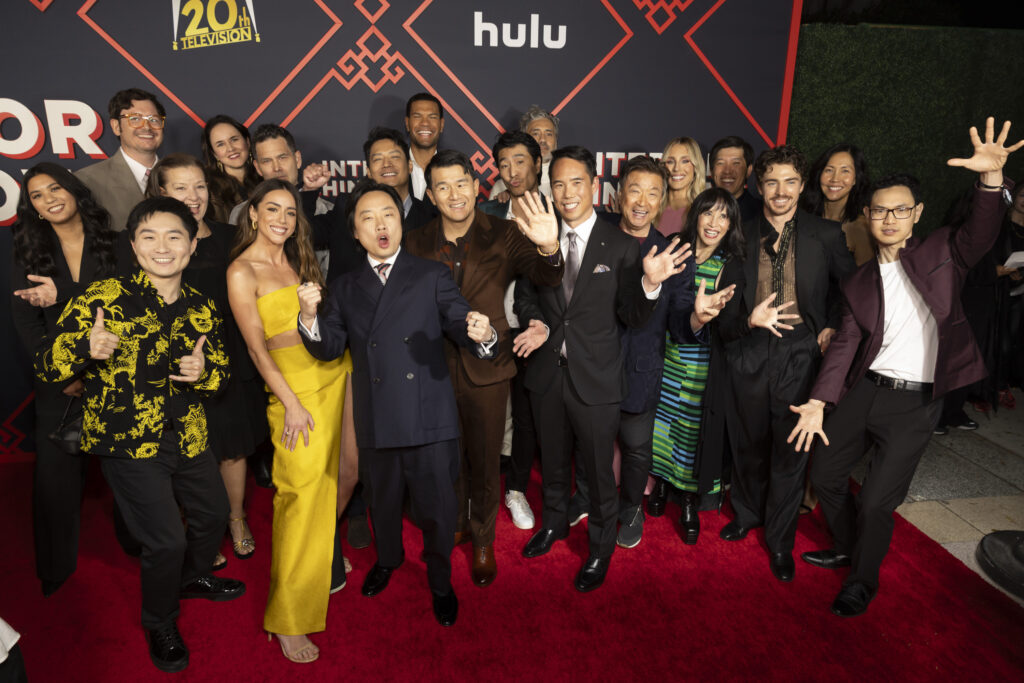
In Interior Chinatown, Ma plays Joe Wu, a character who embodies the complexities of aging and the weight of expectations. “This role is unique because I play a father in both reality and fantasy,” Ma explained. “The lines blur—you don’t always know what’s real.”
He delved deeper into Joe’s emotional landscape, describing him as a former star grappling with the fading spotlight and the loss of a son. “It’s emotionally complex, and that weight shapes his relationship with his remaining son,” Ma shared.
The show is notable for its nuanced portrayal of Chinese culture, and Ma was eager to highlight his involvement in shaping those elements. “I insist on creative input in every project I take on—it’s the only way I can work,” he stated. “Fortunately, the team behind Interior Chinatown welcomed my contributions. They offered a seat at the table, not just for me but also for the diverse crew working behind the scenes. That inclusivity is rare in the industry, especially in the U.S., and it was refreshing to see.”
This commitment to authenticity extends to the portrayal of Chinatown itself. “I hope viewers understand that we’re not monolithic,” Ma explained. “There’s a difference between Asians and Asian Americans—or Asians living outside Asia. While we share certain commonalities through the diaspora, every Chinatown and every community is unique. Chinatowns aren’t just places to get Peking duck or honey-glazed ribs; they’re communities with families, elders, and children. I hope audiences begin to see them as more than tourist destinations and start respecting the people who live there.”
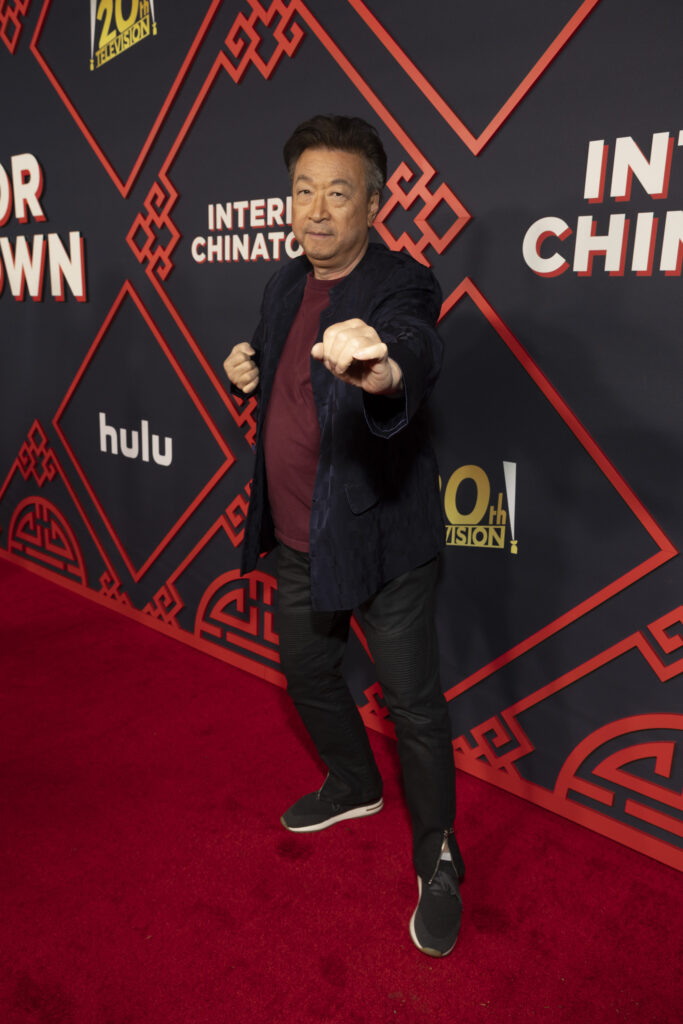
Ma’s perspective on the evolution of Asian representation in Hollywood is both optimistic and realistic. He acknowledges the progress that’s been made, noting the shift from stereotypical roles to more authentic portrayals. “It’s been a gradual evolution,” he reflected. “Early on, everything was a stereotype. Over time, we moved to roles with slightly less stereotyping, and now we’re seeing authentic, real stories.”
However, he also recognizes that there’s still a long way to go. “We need to include even more voices, like South Asian, Southeast Asian, and other underrepresented communities,” he stressed.
However, he also recognizes the ongoing debate surrounding representation and the complexities of casting. “While specificity is important for authenticity, it shouldn’t become restrictive,” he argued. “For example, no one questions a Danish actor playing a German or Forest Whitaker portraying Idi Amin. Actors bring their craft to roles, and we should be allowed to do the same without being boxed in by ethnicity.”
So, what’s the solution? Ma believes it lies in education and collaboration. “Education—on all sides,” he emphasized. “Creatives, producers, and audiences need to understand cultural nuances. It’s also the responsibility of producers to ensure believability in their projects. As actors, we need to bring authenticity to our performances. But producers and directors also need to recognize when something feels off and guide us accordingly. Collaboration and cultural awareness are key.”
As our interview drew to a close, I asked Ma about his legacy and what he hopes to leave behind. “When I’m gone, my work will remain,” he said thoughtfully. “Hopefully, it stands the test of time. I want audiences to judge my body of work, not just one project.”
He spoke about the unpredictable nature of filmmaking and the limited control actors have over the final product. But ultimately, he hopes that his performances will continue to resonate with audiences long after he’s gone.
Read more: ‘Interior Chinatown’: Hulu’s New Series Blurs Reality with Kung Fu and Mystery
Interior Chinatown is a unique and challenging project, and Ma was full of praise for the production team. He particularly admired the show’s distinctive visual style, which he described as “dream-like and surreal.” He also praised the diverse cast and crew, highlighting the importance of having different voices behind the scenes. “It was refreshing to see,” he said, “and it made for a really collaborative and creative environment.”
Ma also touched on the current political climate and the anxieties faced by many in the Asian American community. “There’s anxiety and uncertainty,” he said. “Many are unsure what to expect, and I hear similar sentiments from my friends in China. While some in our community might support authoritarianism out of familiarity, the majority feel apprehensive about what’s coming. We’re aware of how we’re addressed and treated by leadership. We see, we hear, and we need to pay attention.”
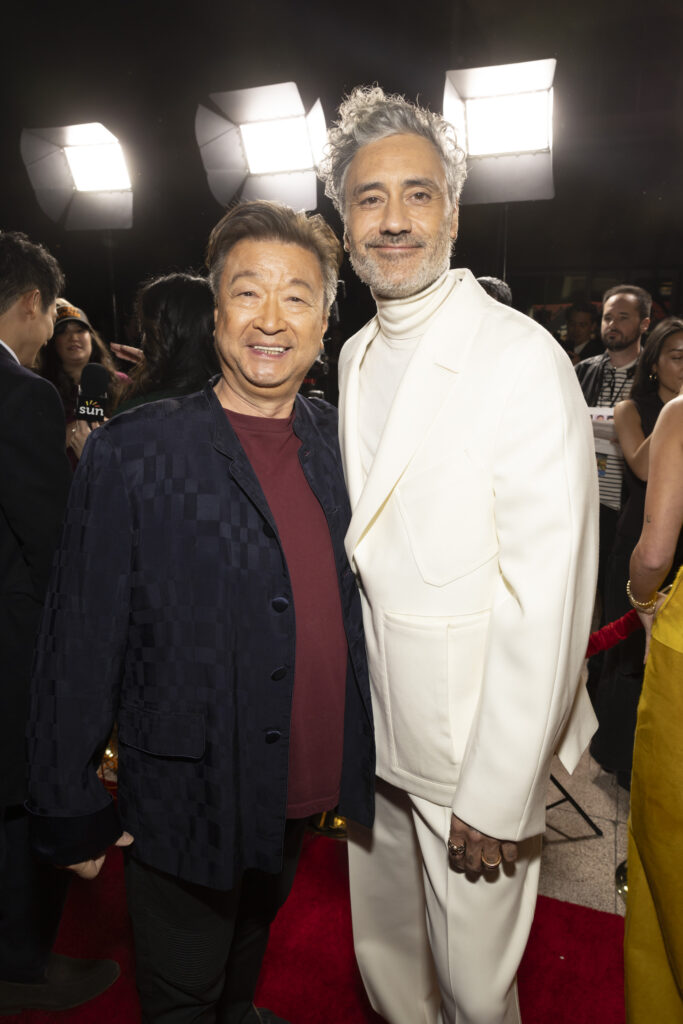
Interior Chinatown is a powerful and timely story that will undoubtedly spark important conversations about representation, identity, and the power of storytelling. But the conversation cannot end there. We must continue to challenge stereotypes, demand greater inclusion, and support artists who are pushing the boundaries of what’s possible. Tzi Ma has shown us the way; now it’s up to all of us to follow his lead and create a future where everyone’s story is valued and celebrated.



